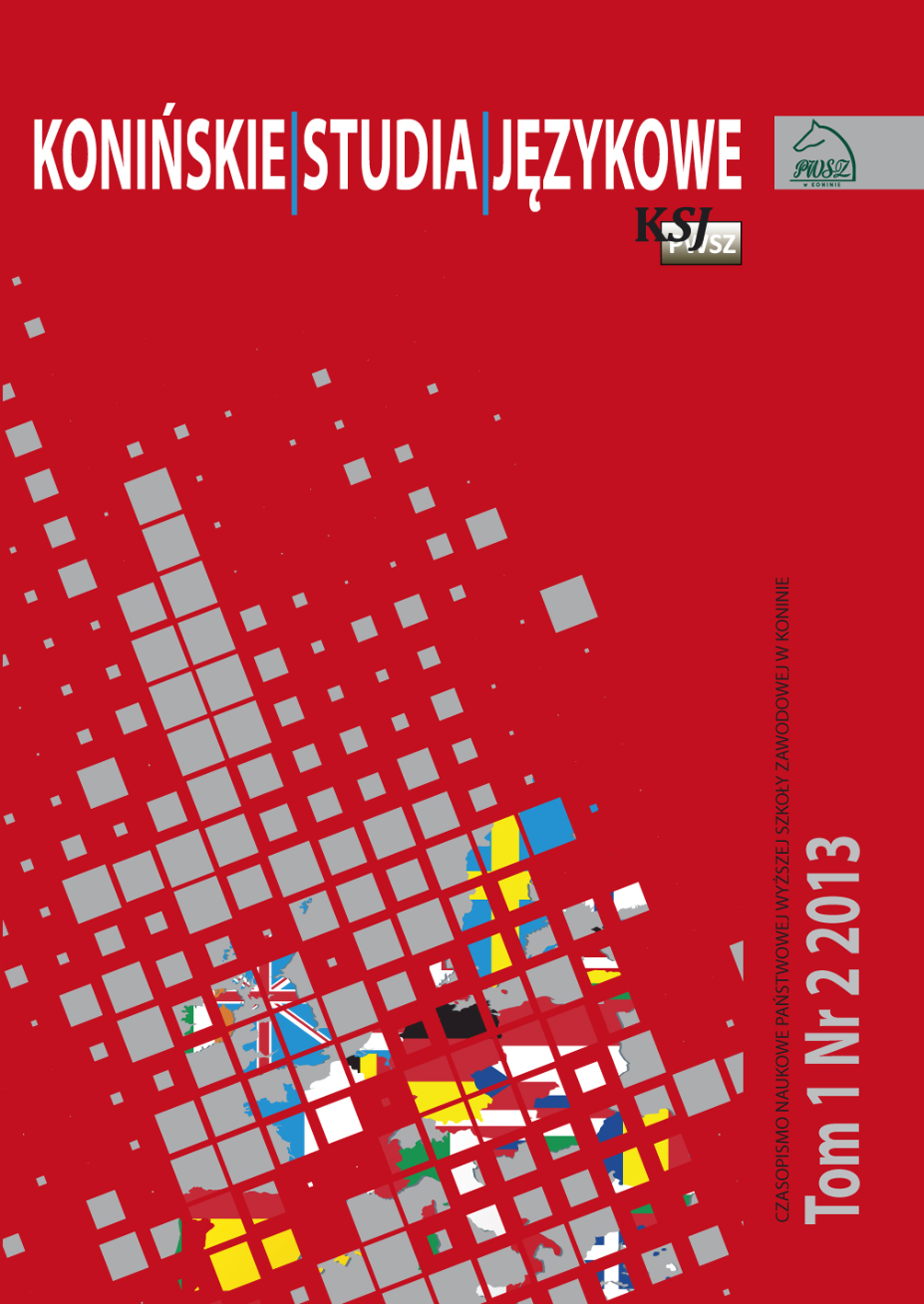Wykorzystanie wirtualnych światów w rozwijaniu autonomii ucznia oraz jej wpływ na naukę czasu przeszłego
Using virtual worlds in the development of learner autonomy and its impact on learning the Past Simple Tense
Author(s): Mariusz KrukSubject(s): Foreign languages learning
Published by: Akademia Nauk Stosowanych w Koninie
Summary/Abstract: Online virtual worlds are becoming important tools in foreign/second language instruction in view of the fact that they enhance motivation, promote learner autonomy and encourage social presence in a 3D environment. What is more, virtual worlds are a type of reality in which students can meet and communicate with other learners in the target language using text, voice or video as well as sharing their ideas related to language learning. Furthermore, virtual worlds provide learners with the op-portunity to take part in virtual language courses or lessons as well as visit places connected with the target language culture. The paper presents the results of a study whose aim was to investigate the effectiveness of using virtual world environments in teaching the English Past Simple Tense. The sample consisted of 13 Polish grade three senior high school students. The data were obtained by means of an autonomy grammar questionnaire and a grammar test administered before and after the treatment, as well as a background questionnaire and an evaluation sheet. The data were analyzed quantitatively and qualitatively. The results indicate that the learners benefited from the instruction, both in the area of autonomy and grammar. What is more, the article provides a set of recommendations for the development of autonomy and language learning in the Polish educational context by means of virtual worlds as well as directions for future empirical investigations.
Journal: Konińskie Studia Językowe
- Issue Year: 1/2013
- Issue No: 2
- Page Range: 183-199
- Page Count: 17
- Language: Polish

